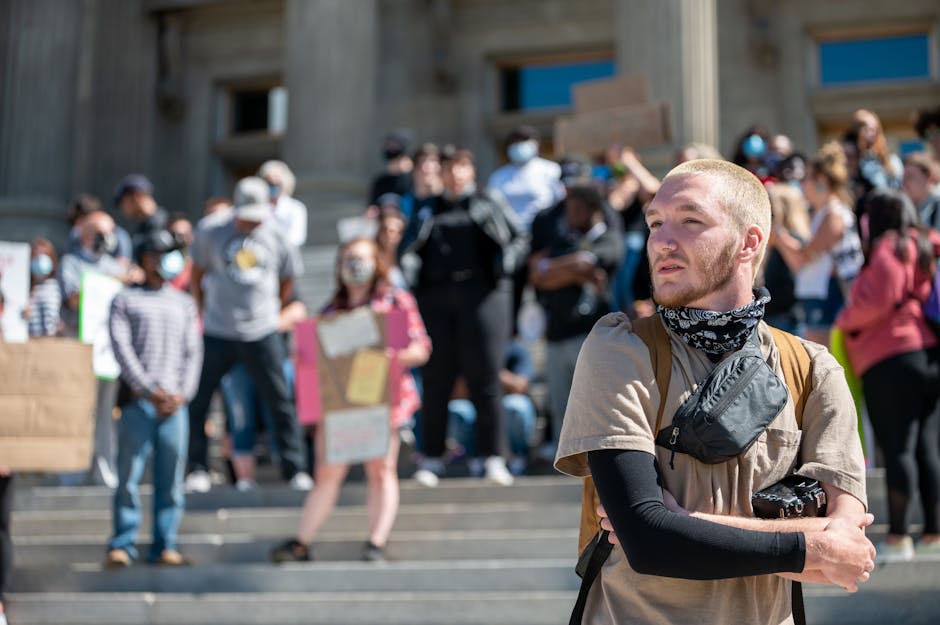
The Intersectionality of LGBTQ+ Rights and Racial Justice
The Intersectionality of LGBTQ+ Rights and Racial Justice
When discussing social justice issues, it is crucial to understand the connection between LGBTQ+ rights and racial justice. These movements are intrinsically linked, with many individuals identifying as both LGBTQ+ and a person of color.
The term 'intersectionality' was coined by legal scholar Kimberlé Crenshaw to describe the overlapping systems of discrimination that individuals may face due to their intersecting identities. It recognizes that oppression and injustice are not experienced in isolation, but rather through a complex interplay of factors such as race, gender, sexual orientation, and more.
For many LGBTQ+ individuals who are also people of color, their identities intersect and compound their experiences of discrimination and marginalization. They face not only homophobia and transphobia but also racism and xenophobia. This intersectionality often results in unique challenges and barriers that require specific attention and advocacy.
Historically, LGBTQ+ rights movements have been predominantly led by white activists, often leaving behind the experiences and needs of LGBTQ+ individuals of color. This exclusionary approach has perpetuated systemic racism within the movement itself. However, in recent years, there has been a growing recognition of the importance of centering racial justice within LGBTQ+ activism.
Efforts are now being made to ensure that racial justice is a core component of the fight for LGBTQ+ rights. Activists and organizations are working to create more inclusive spaces, amplify the voices of LGBTQ+ individuals of color, and address the specific challenges they face.
Intersectionality is also at the heart of understanding health disparities within LGBTQ+ communities. Studies consistently show that LGBTQ+ individuals of color experience higher rates of discrimination, mental health issues, and inadequate access to healthcare compared to their white counterparts. By examining the intersecting factors of race and sexual orientation, we can work towards creating healthcare systems and policies that are truly equitable and inclusive.
It is essential to recognize that the struggle for LGBTQ+ rights cannot be separated from the fight for racial justice. By understanding and addressing the intersectionality of these two movements, we can work towards a more inclusive society for all.
